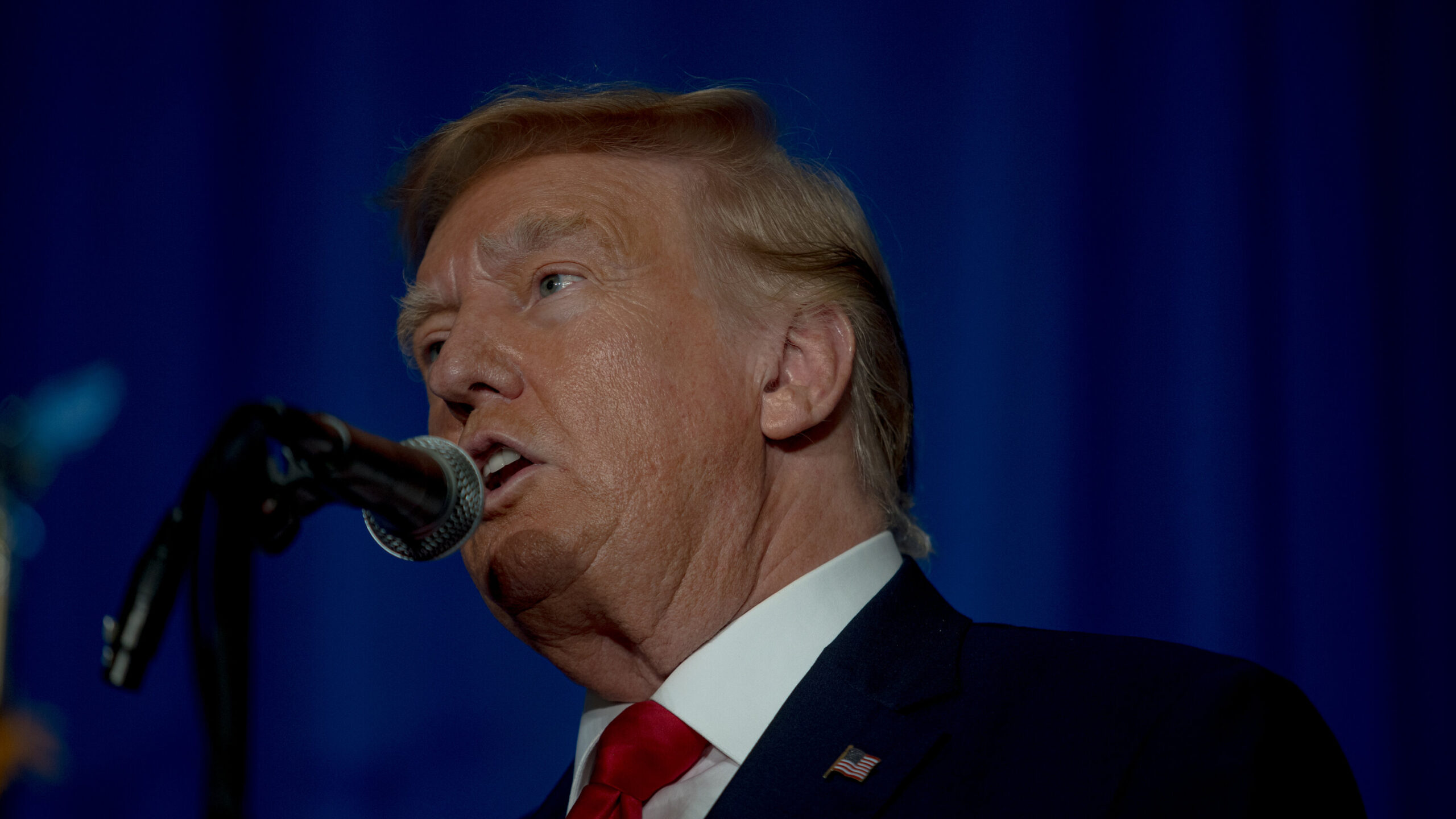President Trump recently made headlines by ramping up his demands for pharmaceutical companies to reduce drug prices in the United States. In a strategic move, he sent letters to 17 major drug companies, urging them to align their pricing with what other countries pay for medications. The president set a deadline of September 29 for these companies to take action.
Championing Fair Pricing
In his letters, President Trump outlined specific requests, including providing their full range of drugs to Medicaid patients at prices comparable to those in other affluent nations. He also emphasized the importance of ensuring that new drugs are accessible at reduced rates for Medicare, Medicaid, and commercial payers. Additionally, he called for the implementation of direct-to-consumer distribution models for high-volume drugs with substantial rebates.
Expert analysts suggest that Trump’s push for most-favored nation drug pricing has been an ongoing mission since his first term in office. This renewed effort aligns with his administration’s goal of making healthcare more affordable and accessible to all Americans.
Industry Response and Challenges
Following the issuance of the letters, pharmaceutical giant Pfizer expressed its commitment to collaborating with the administration towards enhancing patient access and affordability. While praising the discussions as productive, Pfizer underscored its dedication to supporting innovation within the biopharmaceutical sector.
However, not all stakeholders shared this optimistic outlook. The Pharmaceutical Research and Manufacturers of America (PhRMA) cautioned against drastic price reductions as proposed by President Trump. They argued that such actions could have adverse effects on American leadership in healthcare and potentially harm patients and industry workers.
Uncertainties and Implications
Despite Trump’s firm stance on lowering drug prices through international benchmarks like OECD countries’ pricing levels relative to GDP per capita, questions linger regarding the practical enforcement mechanisms. The absence of clear directives from the government has left many wondering about the exact strategies that will be employed to ensure compliance from pharmaceutical companies.
Critics have pointed out potential challenges associated with implementing such sweeping changes in drug pricing policies. Analysts like David Risinger raised concerns about the feasibility of Trump’s demands, citing detrimental impacts on U.S.-based pharmaceutical firms’ competitiveness globally, especially against emerging players like China’s biopharma industry.
Innovative Solutions Emerging
Interestingly, some pharmaceutical companies had already begun exploring alternative pricing models even before Trump’s latest directives. Companies like Eli Lilly and Novo Nordisk had initiated selling certain medications directly to consumers at discounted rates compared to list prices.
Moreover, recent announcements from Bristol Myers Squibb and Pfizer indicate a shift towards selling specific drugs at reduced prices directly to patients. These proactive measures suggest a willingness within the industry to adapt their business models in response to evolving market dynamics and regulatory pressures.
Overall, President Trump’s bold stance on driving down drug prices is sparking intense debates within both political circles and the pharmaceutical landscape. As stakeholders navigate these uncharted waters, only time will reveal how this ambitious endeavor shapes the future of healthcare accessibility and affordability for millions of Americans.

Comments